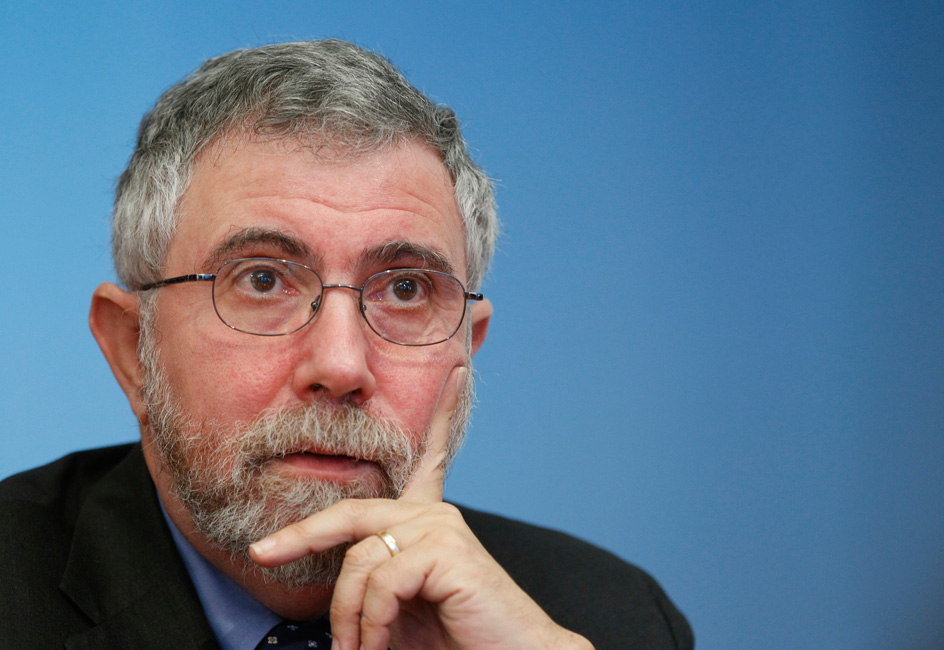Krugman << KROOG muhn >>, Paul (1953-…), is an American economist who won the 2008 Nobel Prize in economic sciences. Krugman was awarded the prize for his work on economic geography and international trade patterns. Krugman’s work analyzed such issues as the reasons nations produce and trade the things they do, and how urbanization and globalization affect international trade. In recognition of his work, Krugman had, in 1991, received the John Bates Clark Medal from the American Economic Association. This award is given every two years to an economist under 40 who has made a significant contribution to economic thought.

In addition to producing academic books and articles, Krugman has spent a significant portion of his career writing for general readers. He has written for a number of magazines, and in 1999 he became a columnist for The New York Times. During the early 2000’s, he became a well-known critic of the economic policies of President George W. Bush. Some of Krugman’s books include Peddling Prosperity: Economic Sense and Nonsense in the Age of Diminished Expectations (1994), The Return of Depression Economics (1999), The Great Unraveling: Losing Our Way in the New Century (2003), and The Conscience of a Liberal (2007).
Loading the player...Paul Krugman
Paul Robin Krugman was born on Feb. 28, 1953, in Albany, New York. He received his bachelor’s degree from Yale University in 1974 and his doctoral degree from the Massachusetts Institute of Technology (MIT) in 1977. Krugman taught economics at Yale from 1977 to 1980, at MIT from 1979 to 1994 and again from 1996 to 2000, and at Stanford University from 1994 to 1996. In 2000, Krugman went to Princeton University, where he became a professor of economics and international affairs.
